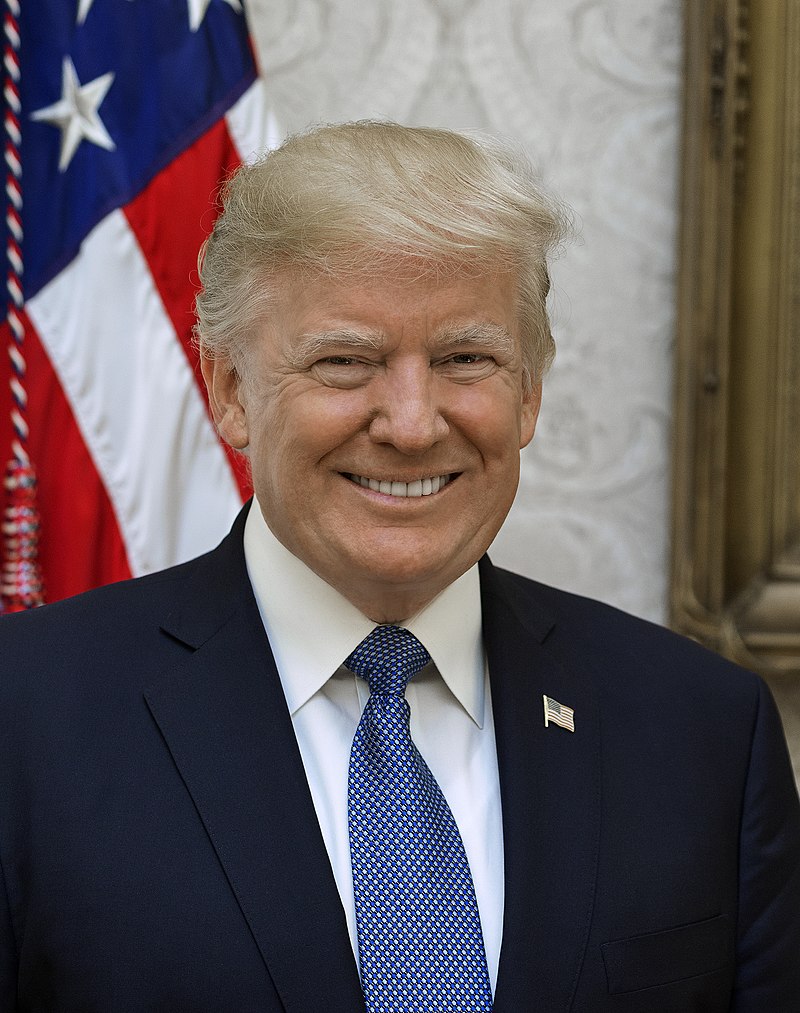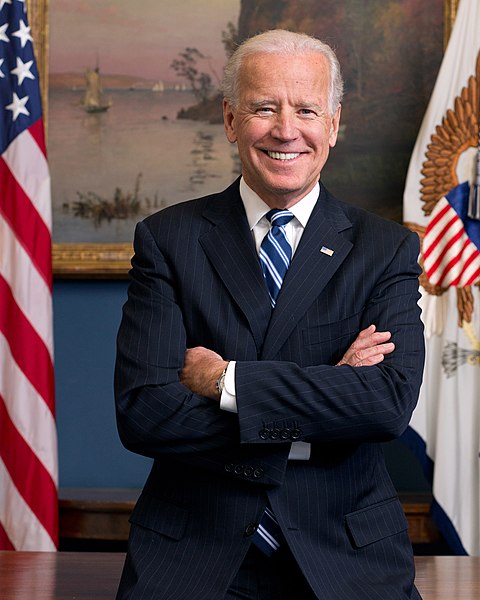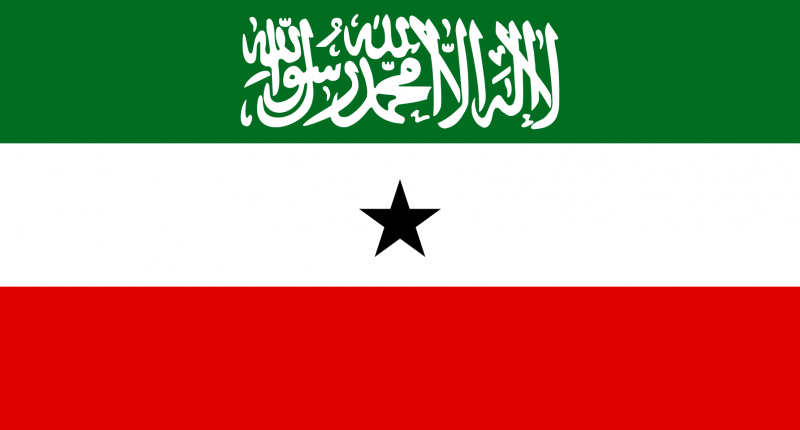Three members of parliament (in Taiwan’s newest diplomatic ally, Somaliland), have demanded their government recognize the existence of Israel and establish relations with Tel Aviv.
Ahmed Mohamed Diriye Nac Nac, a member of Somaliland’s House of Representatives,
said it was important for Somaliland to recognize Israel. Nac Nac also said that Israel would not allow religious interference and would protect Somaliland.
He noted that many major Islamic countries have established relations with Israel,
and that Somaliland does not preclude similarly establishing relations with Israel.
If Somaliland enters into agreements and the making of bilateral ties with Israel (it could) open livestock markets for Israel companies leading to an exchange of embassies between the two countries Abdikadir indho Indho said, with Saed Elimi Roble adding that regardless of who supports Somaliland, including Israel, we (will) endorse it, but the Somaliland Government should recognize the existence of Israel and move to make ties
The possibility has come about after President Donald Trump said on Twitter Thursday that a “historic peace agreement” has been brokered between Israel and the United
Arab Emirates.

“HUGE breakthrough today! Historic Peace Agreement between our two GREAT
friends, Israel and the United Arab Emirates,” President Donald Trump tweeted.
The announcement that Israel and the United Arab Emirates will establish full diplomatic ties, is part of a peace deal brokered by the US, and has aroused a range of reactions.
The United Arab Emirates became the first Persian Gulf Arab nation to reach a deal on
normalizing relations with Israel, capping years of discreet contacts between the two
countries in commerce and technology.
Until now Israel has had no diplomatic relations with countries in the region.
The so-called “Abraham Agreement”, announced by United States President Donald
Trump on Thursday, secures an Israeli commitment to halt further annexation of
Palestinian lands in the occupied West Bank.
As per the agreement, in the coming weeks delegations from Israel and the UAE will
meet to sign bilateral deals regarding investment, tourism, direct flights, security,
telecommunications, technology, energy, healthcare, culture, the environment, the
establishment of reciprocal embassies, and other areas of mutual benefit.
Somaliland joined Germany, Egypt, Bahrain, Oman, the United Kingdom, France and the
United Nations in supporting the deal between Israel and the UAE, with the Somaliland envoy to Kenya, Bashe Omar Awil, saying the agreement is a good example of
alliances between regional countries that are interested in regional stability and
cooperation, and (that it) emphasizes eternal aspiration of reaching peace with neighbors.
“As a peace-loving people, we support the historic normalization agreement between
the United Arab Emirates and Israel in exchange for taking annexation (in the West Bank) off the table
The agreement is a good example of alliances between regional countries that are interested in regional stability and cooperation, and emphasizes eternal aspiration of reaching peace with neighbors,”
Omar who has previously represented Somaliland in the United Arab Emirates went on to add that (the) UAE’s minister of state for foreign affairs, Anwar Gargash, defended the deal, and Abu Dhabi’s Crown Prince Mohammed bin Zayed’s decision to normalize ties with Israel reflected “badly needed realism.”
“While the peace decision remains basically a Palestinian-Israeli one, the bold initiative
of Sheikh Mohammed bin Zayed has allowed, by banishing the spectre of annexing
Palestinian lands, more time for peace opportunities through the two-state solution,”
Gargash added in a series of tweets.
“Developing normal ties in return for this is a realistic approach forwarded by the
Emirates,” he said. “The successful decision is to take and give. This has been
achieved.”
Jordan said that the UAE-Israel deal could push forward stalled peace negotiations if it
succeeds in prodding Israel to accept a Palestinian state on land that Israel occupied in the 1967 Arab-Israeli War.
“If Israel dealt with it as an incentive to end occupation … it will move the region towards a just peace,” Jordan’s Foreign Minister Ayman Safadi said in a statement on state media.
Egyptian President Abdel Fattah el-Sisi, a close ally of the UAE, also welcomed the
agreement. “I followed with interest and appreciation the joint statement between the United States, (the) United Arab Emirates and Israel to halt the Israeli annexation of Palestinian lands and taking steps to bring peace in the Middle East,” el-Sisi said on Twitter.
Oman said it backed the normalization of ties between the neighboring United Arab
Emirates and Israel, and hoped the move would help achieve a lasting Middle East
peace” while Germany’s foreign minister Heiko Maas said the deal “is an important contribution to peace in the region.”
UK Prime Minister Boris Johnson said on Twitter that: “The UAE and Israel’s decision to
normalize relations is hugely good news, It was my profound hope that annexation did not go ahead in the West Bank and today’s agreement to suspend those plans is a welcome step on the road to a more peaceful Middle East.”
French Foreign Affairs Minister Jean-Yves Le Drain meanwhile termed it a “positive step” while United States presidential candidate Joe Biden said: “The UAE’s offer to
publicly recognize the State of Israel is a welcome, brave, and badly-needed act of
statesmanship … A Biden-Harris Administration will seek to build on this progress, and
will challenge all the nations of the region to keep pace.”

“The secretary-general welcomes this agreement, hoping it will create an opportunity for Israeli and Palestinian leaders to re-engage in meaningful negotiations that will realize a two state-solution in line with relevant UN resolutions, international law and bilateral agreements,” a spokesman for Guterres said in a statement.
“The secretary-general will continue to work with all sides to open further possibilities for dialogue, peace and stability,” the spokesman added.
“In the wake of this agreement will come additional agreements, both with more Gulf
countries and with Muslim countries in Africa,” Israeli Intelligence Minister Eli Cohen told Army
Radio.
“I think that Bahrain and Oman are definitely on the agenda. In addition, in my
assessment, there is a chance that already in the coming year there will be a peace
deal with additional countries in Africa, chief among them, Sudan,” he said.
Both Bahrain and Oman praised the U.S.-sponsored accord, but neither have
commented on their own prospects for normalized relations or responded to requests
for comment on the subject.
Israeli Prime Minister Benjamin Netanyahu has met with Omani and Sudanese leaders
in the past two years, including a visit to Oman in October 2018.
“I expect more countries will be joining us in the peace circle,” Netanyahu told cabinet
ministers on Sunday, according to a statement from his office.
But will Somaliland follow the UAE in formalizing ties with Israel? Only time will tell.
Editor’s note: This guest piece was supplied by Moustapha Hassan. Edits made have only been for clarity.











Comments are closed.